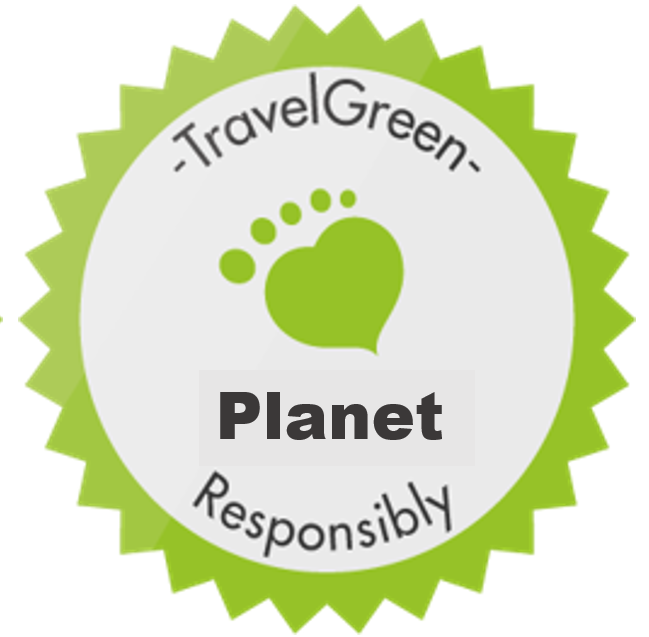 CERTIFICATION AND MARKETING
CERTIFICATION AND MARKETING
Certification is recognized as an important marketing instrument. Certificates ad labels enhance a more transparent and generally comprehensible designation of sustainable tourism products and therefore help travellers as well as business partners along the tourism supply chain to get a better orientation. Marketing is an important component of the implementation of sustainable tourism principles and practices. Marketing strategies can provide a coordinating framework in which the interests of destinations and businesses can be harnessed to pull in the sustainable tourism development direction. Marketing is concerned with determining consumer needs and preferences, creating appropriate products, providing useful information about products to consumers and advertising their benefits. The knowledge and attitudes of stakeholders can have a major effect on the achievement of sustainable tourism objectives within individual businesses and within the broader tourism destination.

The Role of Tourism Stakeholders
Experience shows that the development of marketing strategies and programs for sustainable tourism require a multi-stakeholder process. All stakeholders have a role to play in making sustainable tourism products and services a success.
Governments
NGOs, networks, partnerships
Research, education, consultancy
This can be achieved by generating knowledge and awareness of more sustainable products and practices among key market segments.
Destinations
Businesses
Travellers
Travellers can exert pressures for change from current practices toward sustainable tourism practices. Certification and effective and reliable marketing provide travellers with reliable information about sustainability to inform their travel choices. By reporting their experiences, travellers contribute to transparency, give orientation to other travellers and valuable feedback to tourism businesses, marketing organizations and certification bodies.
SDGs related to this Topic
Best tools for free: Search and disseminate the Certification Quickfinder with all certificates worldwide and the global Green Travel Maps with 20,000 certified tourism businesses, destinations and tour operators. Thus you help raising the market share and market access of environmentally and socially compatible tourism from 1% today to 10% until 2030 - the SDG12 flagship aim of the Travel Green Planet collaboration initiative.
Helping you further: the Tourism2030 Compass![]() Knowledge Base Content
Knowledge Base Content
| Name | Coverage |
|---|

























































